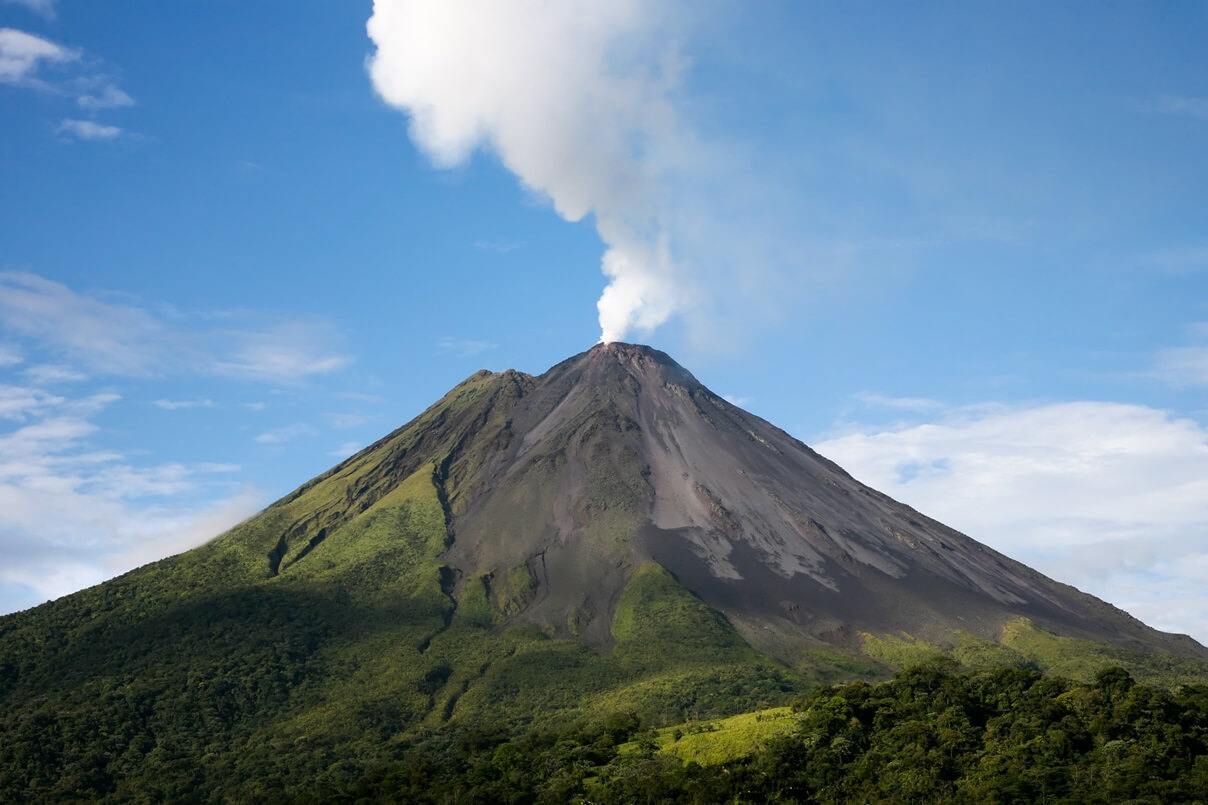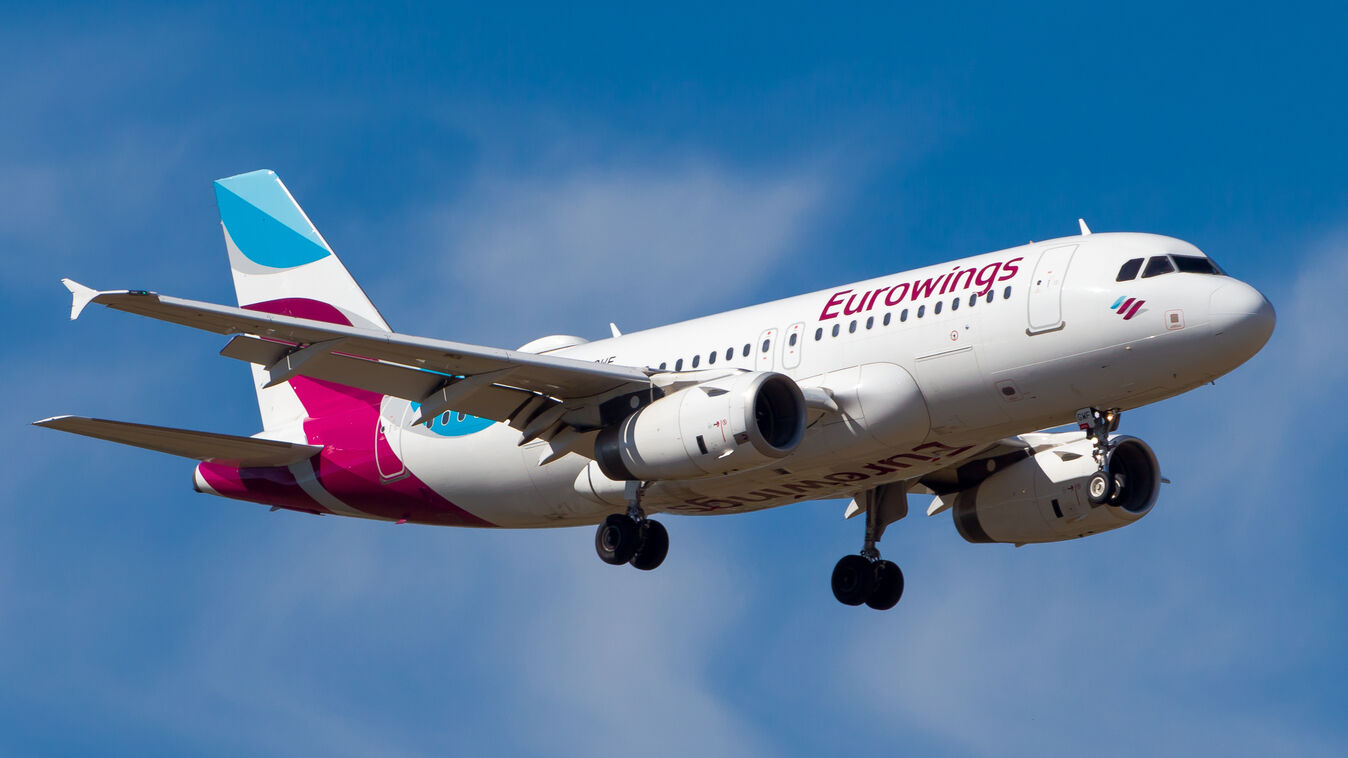How do volcanoes form: Mount Etna volcano eruption

On November 12, Italy's Mount Etna commenced its eruption, casting vibrant lava into the night sky. The eruptive column, reaching approximately 14,700 feet above sea level, marked a culmination of increased activity that had been observed since early October in the southeast crater, as reported by INGV. In the days leading up to the eruption, explosions became a frequent occurrence. Despite heavy cloud cover after sunset, the inhabitants of eastern Sicily were treated to a mesmerizing display of lava fountains, occasionally piercing through the clouds. The eruption, accompanied by resounding booms and explosions, resonated across the region.
Volcano in Grindavík, Iceland
Situated in the coastal city of Catania, Etna stands as the largest among Italy's three active volcanoes and holds the title of the largest active volcano in Europe, according to the European Space Agency. The aftermath of Etna's latest eruption resulted in an ash cloud drifting over the towns of Milo and Zafferana Etnea. Meanwhile, in Iceland, the town of Grindavík faced evacuation due to the heightened probability of a volcano eruption within days, marked by over 900 earthquakes recorded on Monday alone, as noted by the Icelandic Meteorological Office.
How do volcanoes form?
Volcanoes form through the movement of Earth's tectonic plates. The Earth's outer shell, or lithosphere, is divided into large pieces called tectonic plates. When these plates collide or separate, magma from the mantle can rise to the surface, creating volcanic activity. Volcanoes can also form at hotspots, where magma plumes directly reach the Earth's crust. Over time, repeated eruptions and the accumulation of lava and ash build the characteristic cone shape of a volcano.
Why do volcanoes explode?
Volcanic explosions occur when pressure builds up within a volcano, causing the release of pent-up gases and magma. The viscosity of the magma plays a crucial role; highly viscous magma traps gases, creating pressure. When this pressure surpasses the strength of the surrounding rock, explosive eruptions can happen. Volcanic explosions can also be triggered by the mixing of water with magma, creating steam pressure. The explosiveness of a volcano depends on various factors, including the magma's composition and gas content.
What happens when volcanoes erupt?
When volcanoes erupt, molten rock (lava), ash, and gases are expelled from the Earth's interior. Lava flows down the slopes, while ash and volcanic particles may be ejected into the atmosphere. Pyroclastic flows, a rapid and destructive mix of hot gases and volcanic material, can race down the sides of a volcano. Eruptions can also lead to the formation of volcanic craters or calderas. The extent of the impact depends on factors such as the volcano's size, eruption style, and the surrounding environment.
How many volcanoes are there in the world?
There are approximately 1,500 active volcanoes globally. However, the exact number can vary as new volcanic activity is discovered, and some volcanoes become dormant or extinct. The majority of these volcanoes are located along tectonic plate boundaries, forming the Pacific Ring of Fire, where about 75% of the world's active and dormant volcanoes are found. Monitoring and studying these volcanoes are crucial for understanding volcanic behavior and mitigating potential hazards.
Flight delays and flight cancellations due to volcano eruption
In the unfortunate event that your flights are disrupted by a volcanic eruption, MYFLYRIGHT is your trusted ally in securing compensation and facilitating ticket refunds. Flight irregularities caused by volcanic activity, such as cancellations or delays, can leave travelers stranded and inconvenienced. MYFLYRIGHT specializes in navigating the complex landscape of air travel regulations, ensuring that passengers are rightfully compensated for the disruptions they experience. By leveraging their expertise, MYFLYRIGHT helps travelers understand their rights and assists in filing claims, making the process of obtaining compensation and ticket refunds as seamless as possible. In the face of unforeseen volcanic challenges, MYFLYRIGHT stands as a reliable partner, advocating for passenger rights and providing the support needed to ease the impact of travel disruptions.
Latest posts
Japan's Kansai Airport sets a remarkable precedent: Zero lost luggage
According to Forbes, Kansai Airport takes less than 15 minutes to transport luggage from the plane to the baggage claim.
Japan Airlines Boeing 787-9 dreamliner business class from Doha to Tokyo
This daily service caters to the growing demand for business and leisure travel between Doha and Asia.
Eurowings debuts direct flight from Cologne Bonn airport to Chişinău
Eurowings has launched a new flight route connecting Cologne Bonn Airport with Chişinău, Moldova.
About MYFLYRIGHT
MYFLYRIGHT is a legal tech company, specialized in the support of airline passengers affected by flight delays, flight cancellations, denied boarding, delayed or lost luggage and the refund of unused airline tickets. MYFLYRIGHT was founded 2016 in Hamburg, Germany. The company operates out of 3 offices, its headquarter in Hamburg and its branches in Prague, Czech Republic and Zaporizhia, Ukraine. Currently, MYFLYRIGHT employs a team of around 25 people working in Marketing, Operations, Legal, Customer Support and IT. The organization operates across 5 markets – Germany, United Kingdom, Romania, Austria, and Switzerland.
MYFLYRIGHT’s goal is to provide access to justice for all aviation passengers who experience irregularities in their flight transportation. Notably, 75% of all compensation requests submitted by passengers get rejected. Whereas, MYFLYRIGHT is able to successfully execute the applicable customer claims in more than 98% of cases at court.












